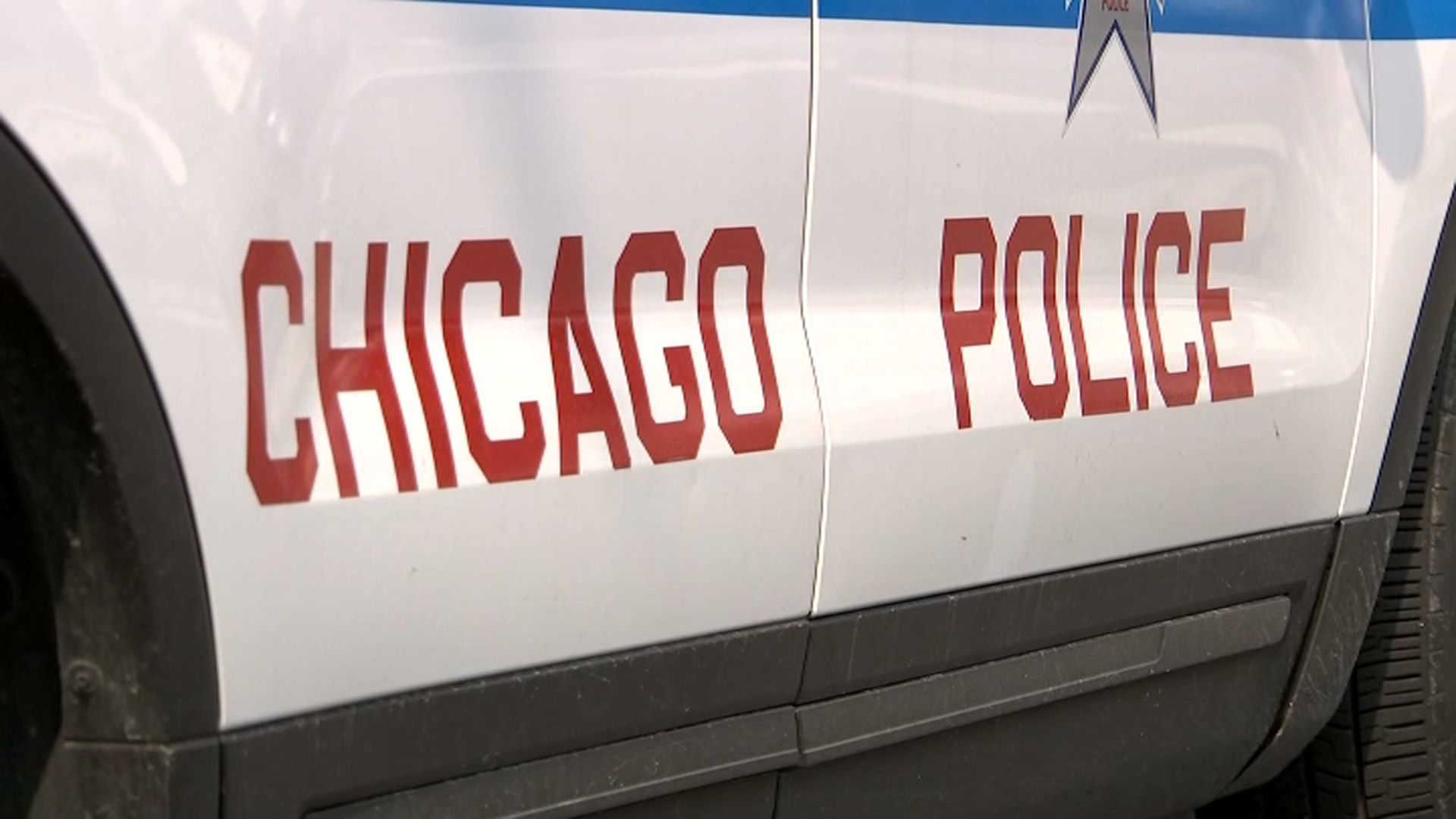WARNING: If excessive campaign expenditures on both sides of the aisle makes you queasy, then you might not want to read what I'm about to write.
The Chicago Tribune reports that spending in the already-expensive, uber-competitive Illinois governor's race could exceed an unprecedented $100 million, with cash from labor and business interests flowing into the war chests of Democratic Gov. Pat Quinn and his Republican rival Bruce Rauner. The latter, a multi-millionaire, recently added $9 million of his own money into a bid to knock the incumbent out of office Nov. 4. Never has the cost of running for governor in this state been so high.
"As of Wednesday evening, Rauner had collected $63.75 million and Quinn had raised $29.3 million — the balance tilted to the Republican side largely because the Winnetka equity investor has dipped into his own fortune for $26.1 million," writes the Trib's Rick Pearson.
The dollars have gone into a relentless media blitz of negative ads as Democrats deployed extra resources (and star power) to help Quinn curb an ambitious attack from Rauner and a national GOP angling to exploit Quinn's unpopularity—and replace him with a Republican.
"We knew the false attacks would get ugly," says Rauner's wife, Diana, touting her husband in a new TV spot. "Bruce doesn't owe anybody anything, and that scares people in power."
This is Team Rauner's way of spinning his controversial wealth as a political advantage rather than an albatross. While the super-rich often struggle to overcome class warfare in politics—in Rauner's case, combatting (extremely reasonable, disturbing) accusations that he's too out of touch, too removed from everyday Illinoisians—their personal pocketbooks and networks of Other Rich People only serve to give them a leg up over viable candidates with middle-class incomes.
It's unfair. It's why Quinn had to dole out even more dough to match Rauner's spend. It creates a new and troubling paradigm of excess. And it's not going anyway anytime soon. On that note: take it away, Peggy.



